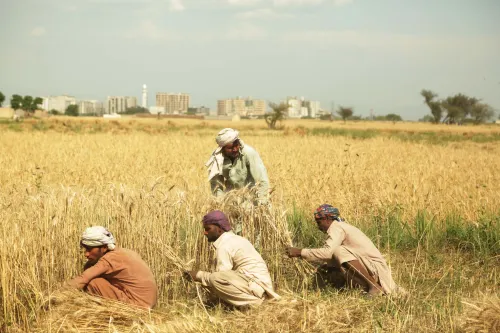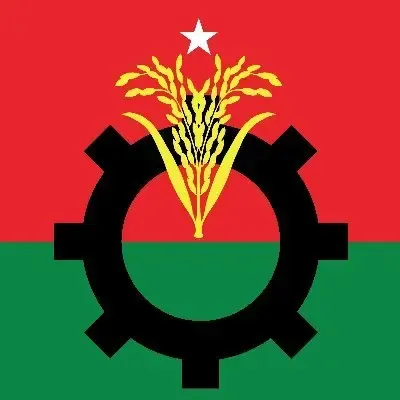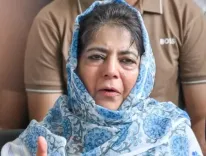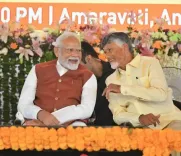Is Jamaat Attempting to Disrupt Next Year’s Elections in Bangladesh?
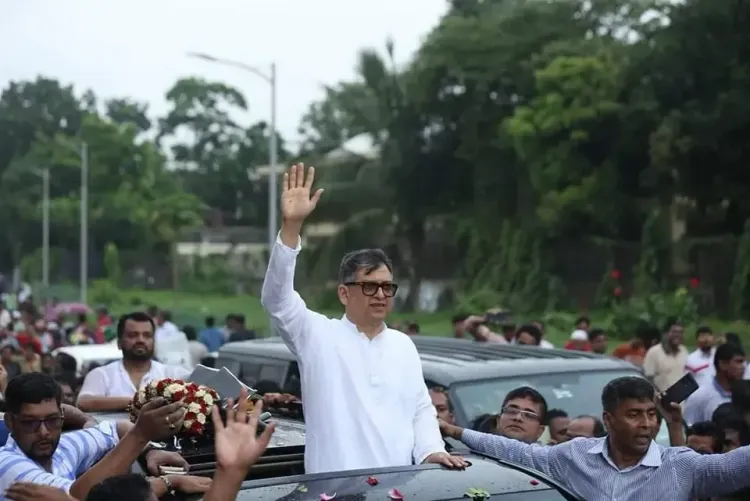
Synopsis
Key Takeaways
- BNP accuses Jamaat of election obstruction.
- Protests and public rallies are intensifying.
- Disagreements over political tactics are emerging.
- Calls for Proportional Representation system are being made.
- Importance of negotiation over street protests emphasized.
Dhaka, Sep 21 (NationPress) Amid rising political tensions, the Bangladesh Nationalist Party (BNP) has accused the radical Islamic group Jamaat-e-Islami of trying to hinder the nation’s upcoming general elections through various strategies, including public protests, as reported by local media.
During a youth dialogue in Dhaka on Saturday, BNP Standing Committee member Salahuddin Ahmed challenged Jamaat, questioning their motives for obstructing the election if they are genuinely confident in their return to power, as their leaders assert.
"Jamaat held several rallies and other parties participated across the country on Friday. Some newspapers reported that Jamaat leaders claimed they would form the government while the BNP would remain in opposition. But who makes that decision? Is it you, or is it the people? If you believe in your strength, why not contest in the elections instead of concocting excuses to impede them?" leading Bangladeshi media outlet UNB quoted the BNP leader.
Salahuddin also condemned Jamaat's calls for a ban on the Jatiya Party and the 14-party alliance. He maintained that the BNP is aware of Jamaat's true intention, which is to derail the national elections.
Furthermore, the BNP leader criticized Jamaat for its perceived hypocrisy, pointing out that the public is keenly observing which factions Jamaat has aligned with in its concurrent movement for various demands, including the introduction of a Proportional Representation (PR) system and a ban on the 14-party alliance and Jatiya Party.
Salahuddin emphasized that differing opinions are inherent to democracy and any party has the right to advocate for its demands through peaceful means.
"We have consistently asserted that these matters should be resolved at the negotiation table. So, are you resorting to street protests for added pressure?" he asked.
"If so, we will also need to respond with our own demonstrations. Is that the direction we want to take? We prefer resolving these issues through dialogue," he added.
Previously, on Thursday, BNP Secretary General Mirza Fakhrul Islam Alamgir criticized the joint demonstrations announced by various radical Islamist parties, including Jamaat, stating that pushing for demands like the PR system in elections is "not conducive to democracy."
The parties that once collaborated with Muhammad Yunus to unseat the democratically elected Awami League government, led by Sheikh Hasina, are now at odds over reform proposals.



